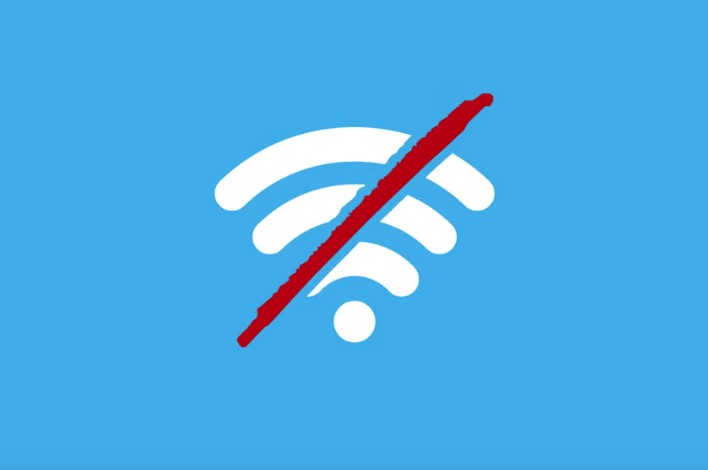Pakistan has been ranked 27th out of 100 and categorised as ‘Not Free’ in internet freedom by US-based watchdog Freedom House, which flagged an expansion of state-led censorship and tighter controls on digital platforms in its latest global report.
Covering the period from June 1, 2024 to May 31, 2025, the report said authorities threatened to block unregistered VPNs and adopted amendments to the cybercrime law that rights groups warned could be misused to curb online speech.
In contrast, neighbouring countries India (51), Sri Lanka (53) and Bangladesh (45) were rated ‘Partly Free’, while China, Myanmar, Iran and Russia ranked at the bottom with scores of 9, 9, 13 and 17, respectively. The report did not assess Afghanistan due to lack of reliable data.
Freedom House noted that Pakistan is among the countries that have seen the steepest deterioration in online freedom over the past 15 years, alongside Egypt, Russia, Turkiye and Venezuela, where governments tightened control over digital spaces in response to political challenges.
Pakistan’s score plunged from 55 to 69 between 2011 and 2015, shifting its status from “Partly Free” to “Not Free”, with the report stating that internet restrictions have continued to expand since then.
The report highlighted frequent disruptions to services such as WhatsApp and Signal during the review period, noting that researchers found the outages were likely linked to the deployment of new website-monitoring and blocking technology.
On VPN access, Freedom House reported that while Pakistan unblocked X (formerly Twitter) in May 2025 after months of restrictions, officials “repeatedly threatened” to block unregistered VPNs. New registration rules introduced in November 2024 required customer identification details, but the government later acknowledged it lacked the legal basis to impose a blanket ban.
The watchdog also warned that January 2025 amendments to the Prevention of Electronic Crimes Act (Peca) contained ambiguous language that could facilitate the removal of online content deemed undesirable by authorities.
Across 72 countries assessed in the Freedom on the Net 2025 index, internet freedom declined in 28 nations, while 17 registered improvement. Globally, the decline marked the 15th consecutive year of worsening internet freedom.
Kenya registered the steepest drop after authorities shut down internet services for seven hours during nationwide tax protests in June 2024 and arrested hundreds of demonstrators.
Discover more from Brackly News
Subscribe to get the latest posts sent to your email.



